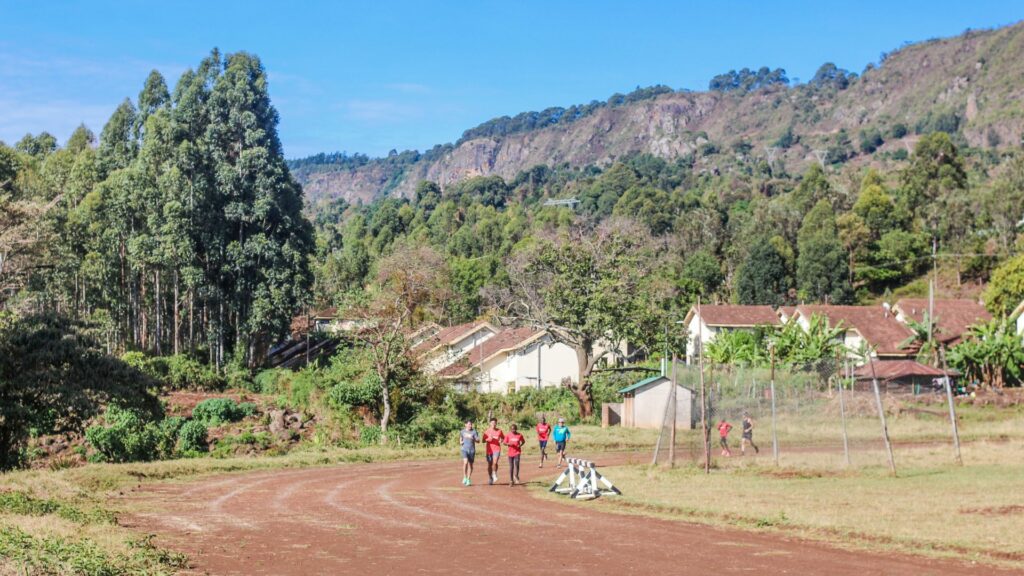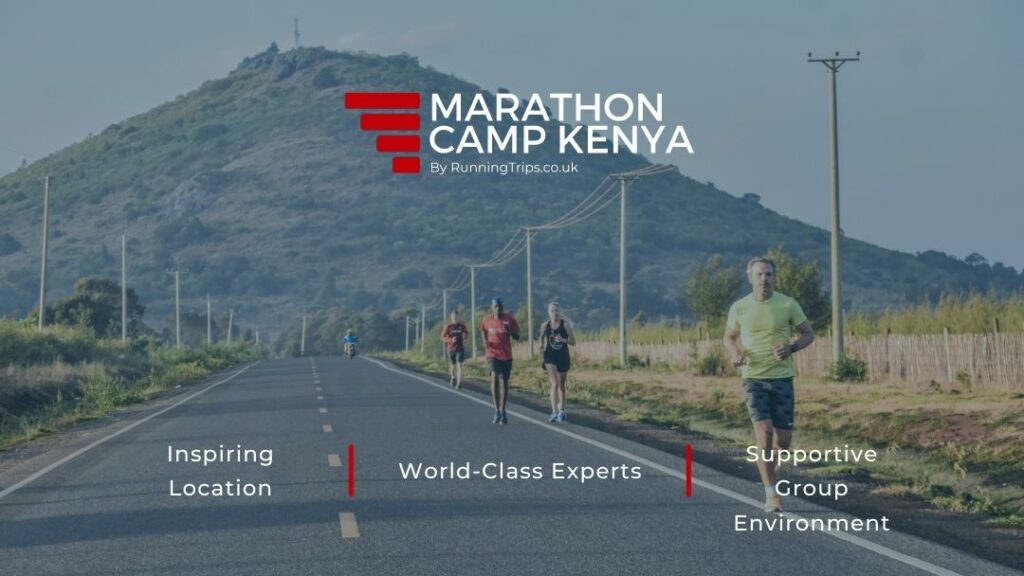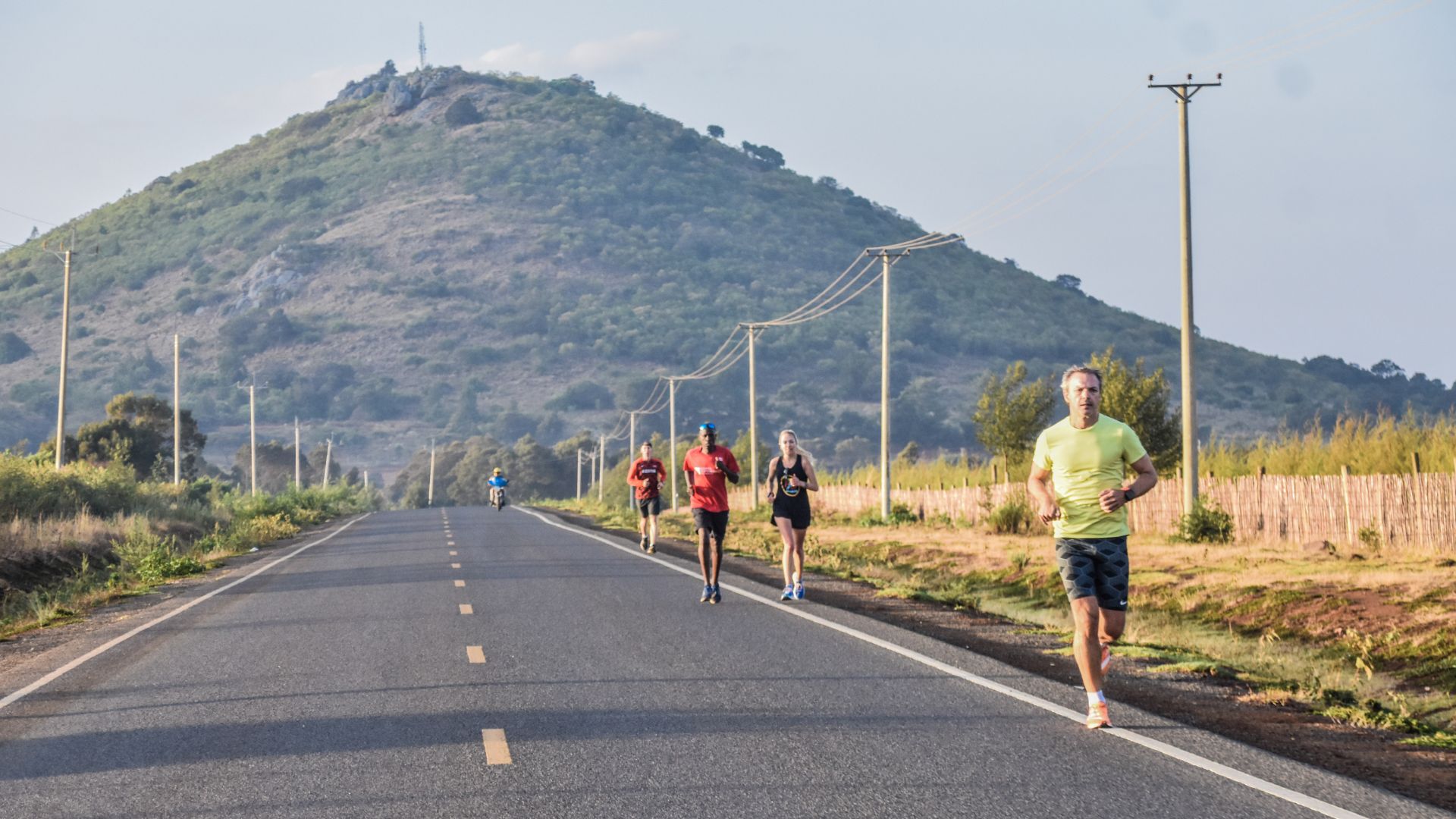Autumn marathons are now firmly on people’s radars, so Coach Callum looks at when your training should shift in focus towards specific marathon prep and the practical implications you can consider to ensure a great result come race day.
When to start ‘Marathon Prep’
The marathon, and to a similar extent the half marathon, are something of a unique distance to train for. In that, for the competitive runner striving for faster times, one can realistically only do one or two ‘key races’ per year. When you compare this to someone who runs 5k as their primary distance or a track runner competing over even shorter distances still, you may see them toeing the line in 10 – 15 races per year or more. Why is this? The 5k is not necessarily an ‘easier’ distance than the marathon, I can assure you that it is still painful and extremely demanding on the body and mind. While the shorter distance events can be extremely painful to race, they simply don’t impose the same overall load on the body as a marathon. Even with today’s shoe technology which provides significantly more cushioning than the thin pieces of rubber worn prior to the shoe-tech revolution, the total load experienced by the body over 26.2 miles of hard running is significant. Physiologically, running hard for a full marathon results in the need for both a considerable period of recovery after the event and, in order to be at your best, considerable preparation prior to the event. This article focuses on the latter, the preparation phase, and asks the question when should the focus shift from general base training to specific preparation for a targeted event?

I have written about base training, what it is and why we do it in several previous articles which I encourage you to read before continuing with this one, but I will give a brief overview of what it is here before getting stuck into the real subject.
In order to prepare for the demands of a race, whether it’s a 5k, 1500m, or a marathon, you have to subject your body and mind to a stimulus similar to that experienced on race day. This essentially means you have to (sometimes) train very hard. We can make training ‘specific’ by running at, or close to, our target race pace for long periods of time. For example, a specific 10k session might be something like 4km – 3km – 2km – 1km at 10km race pace, with recovery periods between each interval. This is tough! A 4km interval at 10km race pace in a training environment is a tall order. A marathon-specific session might be something like 5 x 5km at marathon pace with running based recovery periods between each. Again, running a total of 25km at marathon pace within an overall longer run, in a non-race scenario is not easy.
Okay, so we know we have to train hard for a race, but we must also consider a very key word I use a lot in my coaching – ‘balance’. Performing sessions that are very specific to the demands of your target race is a must if you want to perform at your best. However, we also know that doing this all year round, or even for large periods of the year will inevitably lead to overtraining, burnout, injury, illness, or all of the above. We also need to consider the fact that the types of sessions I mentioned in the previous paragraph are so hard on the body that they themselves require a certain amount of preparation for themselves. You can’t go out the door on day one of marathon training and hit 5x5k at MP, you need to build to that. Therefore, a large part of the training we do throughout the year must be designed, not necessarily to prepare us for a target race, but to prepare us for the training we know we need to execute in the build-up to that race.
This is where base training comes in. For most marathon runners, who may have one or two target races each year, the vast majority of the year will be spent in this phase of training. During the base training phase, the number one aim is to condition the body for the hard training that is to come, this means performing a wide range of training types, focusing on building a strong aerobic system and robust body. Generally speaking, although you may see athletes covering relatively high mileage and regularly performing challenging workouts during their base training phase, no session in isolation should be overly demanding. It is well established that the best way to build a strong aerobic base is by executing long periods of consistent training and the best way to do this is to avoid overly stressing the body too frequently.
The question then, is when do I start really preparing for the specifics of a marathon? Maybe you have seen online programs that are 6 weeks long, 20 weeks long, or anything in between, how long do you really need?
Well of course, like pretty much all things in running, it really depends on the runner, but there are a few key things we can say that apply to most people training for a marathon:
1 The base phase and specific phase are not totally distinct
Although it can be helpful (from a mental preparation point of view) to think about a point in time where the true preparation really begins, from an actual training aspect there is not an immediate cut off point where base training ends and the specific phase begins. Many of the fundamental parts of base training will continue right the way through to marathon race week, and many of the key parts of the specific phase may also have been present in the base training phase. We simply begin to shift the focus by placing more and more emphasis on marathon-specific workouts and reducing the emphasis on less specific aspects of training.
2 The specific training needs gradual development too
Even with the best block of base training in the world, you should not expect your first real specific workout to be the best or hardest one of the season. The beginning of your specific phase is not a free pass to remove all control and start doing crazy workouts, rather it is the beginning of the period where you gradually begin to introduce more demanding sessions that slowly begin to replicate the marathon race effort more and more. For example, 12 weeks out from a marathon you might do 8 x 10 minutes at marathon effort, which then becomes 6 x 15 minutes, which then becomes 5 x 20 minutes.
3 Experience Counts
The ‘base’ we spoke about previously is not only something you work on once per year, but something that builds and becomes stronger the more you train over the period of a lifetime. Elite runners, who have been training for several years at a very high level, typically have a very strong aerobic base meaning they can perform much harder sessions and recover from them much more effectively than a less experienced runner.
Why does this matter in the context of marathon preparation?
Firstly, it means that non-elite runners generally need more time to transition from general base training to hard specific sessions whereas an elite runner may go from general base training, to some seriously hard marathon sessions within a couple of weeks. This means that an elite runner’s specific phase might be a little shorter, since they can more easily get stuck into very tough sessions at the beginning of the phase.
Secondly, an elite runner will typically recover from hard sessions more quickly and therefore be able to do more of them in the same time period. For example, in a 6-week block, an elite runner may be able to do 6 very hard marathon style sessions and recover from them adequately, while a less experienced runner may only be able to do 4. This is another reason why a newer runner may need a longer period of specific training before a marathon.
4. Some rough numbers
While I don’t think there is an exact number of weeks or an exact number of sessions that every athlete needs in order to prepare for their best marathon, I do think we can apply some rules of thumb. Typically, anywhere between 10 to 16 weeks is enough time to prepare well, without training too hard for too long. Not to forget that a 2 – 3 week taper prior to marathon day is also needed in order to reach the race feeling fresh and ready to go. 10 – 16 weeks is indeed a fairly large range for the specific preparation time needed, but like with numerous other aspects of training, the best way to figure out what works best for you is to try something out, analyse, and go again. You might race and feel like you didn’t allow yourself enough time to really prepare, like you could have squeezed a bit more out of yourself if you’d given yourself an extra couple of weeks of hard training, or you might feel like you went into the race feeling a little exhausted, in which case maybe your specific phase was a bit too long. Or, you might feel like you nailed it and that this is not an aspect of your training you would change next time. Either way, every race is a lesson, but we hope this article gives you a good starting point or some extra guidance to help you get ready for the big race.
Thanks
Cal
Marathon Camp Kenya – For Competitive Runners of all Levels
Brand New from the Kenya Experience Team
Marathon Camp Kenya gives you the opportunity to train for your autumn marathon (or half marathon) in Iten, Kenya, under the guidance of our expert team. The camp has been optimised for improved marathon performance for the competitive non-elite runner. From the training program and seminar content through to the team of coaches and sports performance experts you will be working with, everything has been set up to help you prepare for your best performance in London, Amsterdam, Chicago or elsewhere this autumn.
Learn more about Marathon Camp Kenya
About the Author
Callum Jones is an elite runner and professional running coach. He coaches athletes of all levels from all over the world and has himself run 5k in 14.05. He began working for Running Trips in October 2017.
“I’ve been an aspiring distance runner for the last 15 years and worked hard to improve my times year after year. Training in Iten was an incredible experience for me, it really took my running and love for the sport to a new level and opened my eyes to a whole new mentality towards training. Working for Kenya Experience is fantastic as I can offer my knowledge of the sport and insight into the Kenyan running culture with our guests.”



